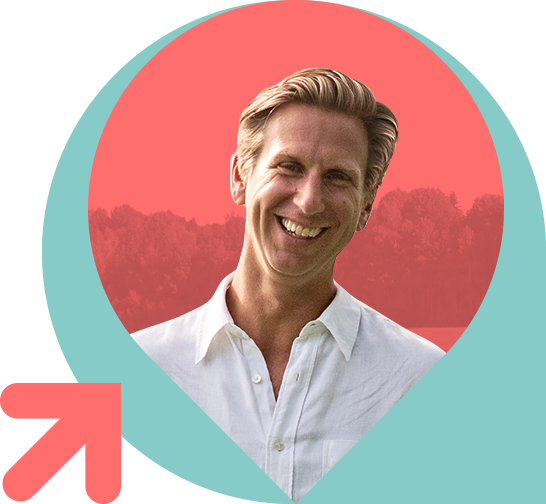Can we make ourselves Happier?
The observant amongst you will notice that the question is happier not happy. I strongly believe that I have no right to prescribe to you how to be happy. For a start all of us have different versions of happy or of the good life as the Greeks referred to it. No instead lets focus on happier.
There is some science that is helpful here. Sonja Lubromiskry in her book The How of Happiness divides the happiness pie into three parts. Genetics account for 50% of impact on happiness and she calls this your set point. The striking finding is that only 10% is controlled by external circumstances (e.g. rich/ poor, healthy/ unhealthy, married/ divorced). That leaves a healthy 40% which is within your control, this is what you do and think. Skeptical? Well two studies might help. The first shows that lottery winners and those involved in major accidents leading to disability return close to their happiness levels one year after the event (i.e. no change from before winning/ being injured-Brickman et al 1978). The second is that the richest Americans- those earning more that $10m annually report levels of personal happiness only slightly greater that the office staff and blue collar workers they employ (Deiner Horowitz and Emmons, “Happiness of the very wealthy” 1985).
When I first started studying for my Psychology degree in 1991 Happiness wasn’t on the agenda. It is thanks to Seligman et al- who is widely seen as the father of Positive Psychology- that large brains and a lot of research have spent the last 15 years working out how we can be happier.
A word of caution. Making yourself happier is not easily done on your own navel-gazing. With the exception of meditation (which I still have not cracked) almost all ways of increasing happiness involve either being with other people, or actively thinking about and assessing the world around you. What do I mean by actively thinking. I see many of my clients stuck in a viscous circle of negative thinking that is a result of the way that they view the world. Passively thinking and reflecting on this circle will only make it worse. For me active thinking is also not just reading self help books in isolation. Active thinking involves reading about, trying and adapting some of the 10-15 core ideas around happiness that have emerged over the last decade.
Rather than read endless books and trawl the newspapers (which are rarely positive and often contradictory) I will provide over the new few months a carefully curated guide to these ideas and I look forward to discussing them with you.
Proceed only if you do believe that you can be happier!
More Articles
Organisational health - the heartbeat of a business
Organisational health- the heartbeat of a business When we talk about business success, we often look first at strategy; the clever plan, the…
Rituals
Rituals surround us at work, in society and at home. They help manage emotions- think about what happens when someone dies…
How to take the right risks
Individuals and organisations can both benefit from a more entrepreneurial approach. Starting a new business, solving difficult problems…


